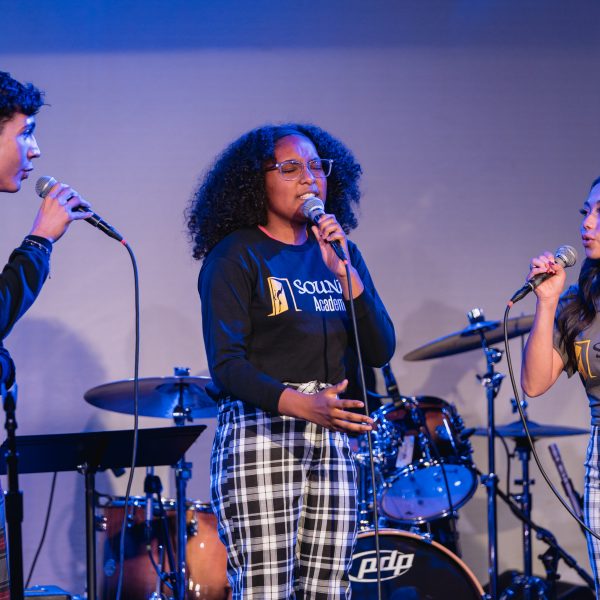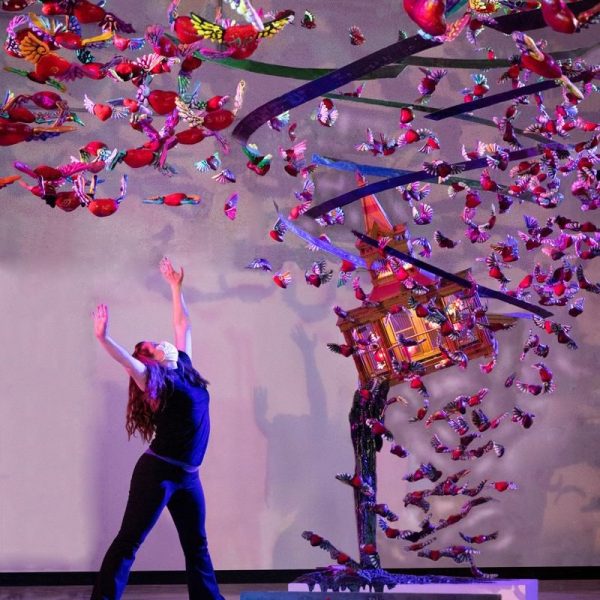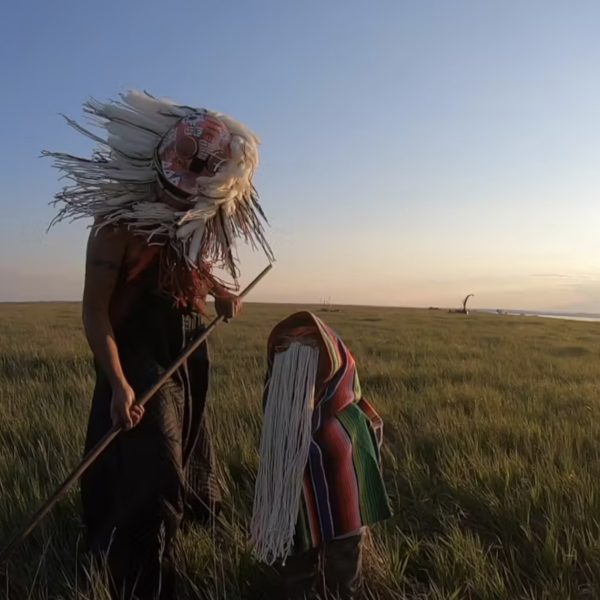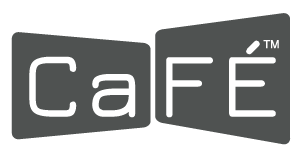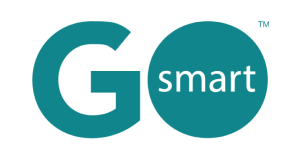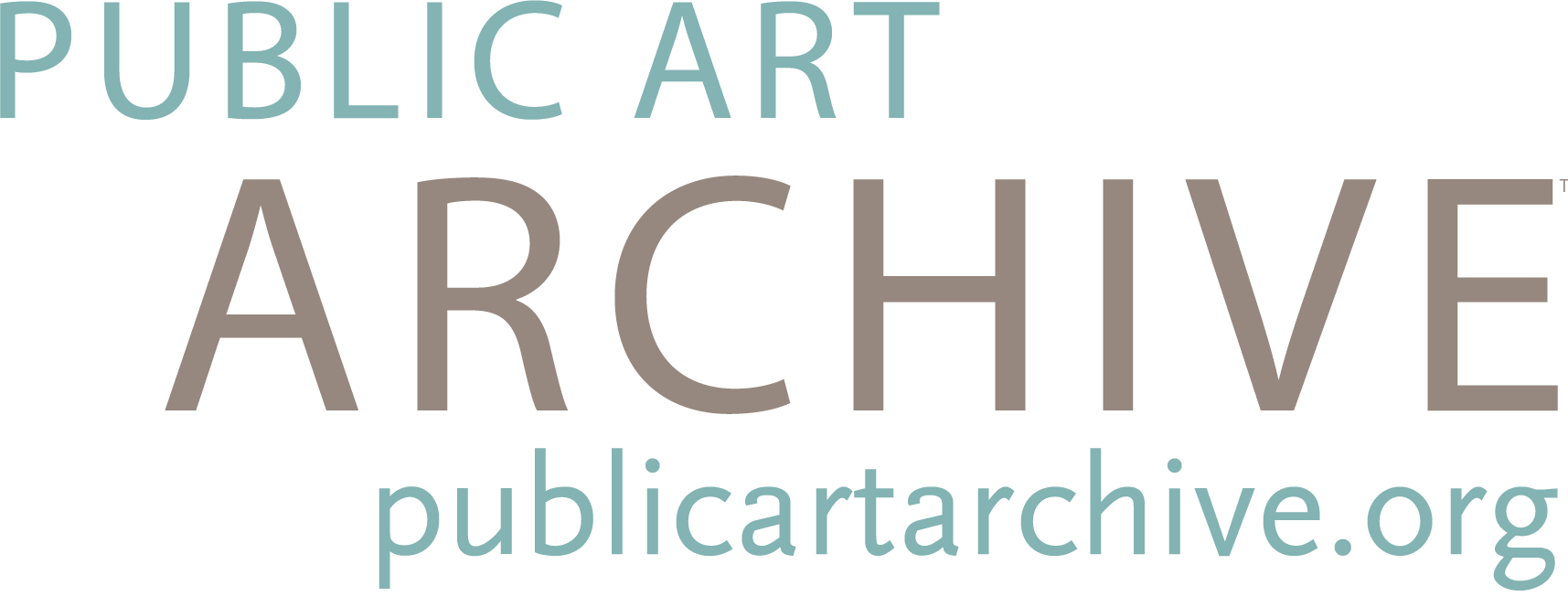Web Services powered by
Hello again WESTAF Board of Trustees:
There have been some significant developments at WESTAF in the past few weeks, so thanks for giving this biweekly some extra special attention! This update is a bit lengthy (sorry), but there’s some great stuff in here, promise!
Highly capable WESTAF team members continue to effectively manage the work of the organization virtually. The Leadership Resource Team (LRT) continues with a 30-minute daily morning check-in to share what’s on deck in each WESTAF department. Individual business and project teams meet frequently and virtually, as do individuals with one-on-one meetings. Tools like Slack, Zoom and G Suite continue to substitute for desks, in-person gatherings and conference rooms. While we’re physically apart, we’ve been able to stay closely in communication, and an impressive bias for action relentlessly pushes forward projects, programs and businesses. More on the current status of our working-from-home program, as well as the first flicker of a return-to-the-office plan is updated below. Here we go:
WORKING REMOTELY AND RETURN TO THE OFFICE PLAN
You may recall that our current WESTAF Working-from-Home (WFH) directive lasted until Thursday, April 30. As that date approached, we determined that the health and safety of the team would continue to be our number one priority. One important source of information for us is the State of Colorado, and Governor Polis recently announced the Safer-at-Home program. This Level 2 phase is intended to incrementally reopen Colorado after the Level 1 Stay-at-Home order was lifted on Sunday, April 26. At WESTAF, we’re developing our own Back-to-the-Office plan with these directives in mind. We are developing this plan on the premise that staying at home as much as possible in these first Safer-at-Home days keeps us healthy and also contributes to the overall public good. We are also fortunate to be a company that is able to work from home relatively efficiently. For these reasons, we extended all current WESTAF WFH protocols for an additional two weeks, until Friday, May 17. We have begun work on a Return-to-the-Office plan, and we will start reviewing on a weekly basis the possibility of returning to our physical office space. We’ll do this with a close eye on all of the available data and only if it indicates a promising, steady and consistent decline in new cases over time. Our situation does not require us to be early pioneers in this effort, or to return hesitant WESTAFers to our physical office space. Our Back-to-the-Office planning kicked off with two detailed staff surveys (one for all staffers and one for supervisors) that went out this week to develop a clearer sense of our collective appetite around a return to the office. Our in-development plan may include voluntarily phasing in team members, developing alternate day in-office schedules, maintaining social distancing, and requiring masks, hand washing and other safety measures in our workplace for an extended period.
WESTAF COVID-19 RESPONSE
WESTAF continues to revise the COVID-19 Update and Resources web pages on our website, and a presentation/resource that provides deeper insights is also being revised on a weekly basis and continues to be shared with arts service organizations and arts funders in the West and nationally as we discuss ways to provide relief to the field. Hundreds of responses have been received for the WESTAF COVID-19 Arts Impact Survey, and this report analyzes the initial survey findings. The survey closed on May 1 and full findings will be released later that month.
WESTAF CARES — RELIEF FUND FOR ORGANIZATIONS
As previously shared, WESTAF has been working closely with the Arts Endowment as well as our sister RAOs on the development and implementation of a COVID-19 relief program for arts organizations in the western states. Led by Chrissy Deal and David Holland, and with input from key stakeholders, including the WESTAF Executive Committee as well as our western states arts agencies, we’re pleased to say that the program will begin accepting applications this Wednesday, May 6. Not that it’s a competition (it isn’t, of course), but it’s worth mentioning that we will be the first RAO to launch our CARES relief program, thanks to our team’s dedicated and driven efforts to get this program set up. The application, panelist review, grantee notification, agreement execution and funds disbursement process will happen between now and mid-July. Here’s a rough draft of the press release scheduled to go out this week, for more information.
WESTAF CARES — COMMONWEALTH OF THE NORTHERN MARIANA ISLANDS
WESTAF has been asked by the Arts Endowment (and we have agreed!) to also administer CARES Act funding for nonprofit arts organizations in the Northern Mariana Islands because their arts agency, the Commonwealth Council of Arts and Culture (CCAC), is not able to adequately serve this purpose due difficulties precipitated by COVID-19. We connected with Parker Yobei, CCAC’s executive director, by telephone last week and sketched out an application process which will adhere as closely as possible to our main WESTAF CARES program, even though the timing and panelist process may differ. We expect around eight eligible organizations in the CNMI to apply.
MELLON REGIONAL ARTS RESILIENCE FUND (*CONFIDENTIAL*)
For the past month, the six Regional Arts Organization (RAO) executive directors have been in touch with the Mellon Foundation, which has been interested in developing a relief and recovery fund for national arts organizations, utilizing the RAOs as a national network for this process. As you might know, Mellon has already committed significant funds to both a New York-based and a national relief fund for artists. This past Friday, we had a final meeting about this possibility, and I am very excited to report that the Mellon Regional Arts Resilience Fund will be a $10MM fund, apportioned between the six RAOs in a similar method to Arts Endowment funding, so it’s likely that WESTAF will receive around $2MM for redistribution to arts organizations in the western states. Rather than an open call for funding like WESTAF CARES, the consensus among Mellon and the RAOs seems to be to work with individual SAAs in each state to put forward recommendations based on eligibility criteria that would include a balance of urban vs. rural orgs, equity and a focus on marginalized communities, survivability of orgs, etc. They are mindful that each RAO will have an independent administrative process based on capacity, timing of CARES disbursement and some other factors, but that we’re together in philosophical unity and conceptual alignment. Mellon had originally expressed an interest in a 25% regional match, but upon further conversations, its interest is more about providing RAOs with an incentive to help raise more dollars regionally using the Mellon imprimatur, rather than as a hard requirement or obligation. Over the next week, RAOs will be working together to craft a concept paper to present to Mellon, which will present that for final approval at a June 3 Mellon Foundation board of trustees meeting, with funds disbursed to RAOs not long after. This will be the first time that WESTAF has ever worked with the Mellon Foundation. The funds will provide further welcome relief and recovery assistance to arts organizations in western states and will also open up the possibility for additional fundraising for ongoing regional recovery funds. Because we’re still developing this program, I am asking that you please keep the news of this new program especially confidential until you receive a notification that it’s public — thanks!
CREATIVE VITALITY LIST
This week, CVSuite released its first Creative Vitality List — The 30 Most Creative Small Cities in America We worked with destination marketers in each city on the list, and provided them with social media kits to give the list some traction. We were really pleased with this launch. You can read the complete press release here. I am particularly excited about this project because it gets us a major step closer to a WESTAF strategic goal — telling stories about the projects, people and places that manifest every single day through our data, policy, technology and advocacy work. The Creative Vitality List project also looks really good — good information, nice design, interesting pictures and a bold social media thumbnail finish that sets the bar high for future communications efforts similar to this. In a future biweekly, we’ll get you some hard data on how this campaign performed on social media, but we immediately saw some great share-outs from Boulder, Missoula, Santa Fe, Iowa City and other cities on the list, as well as super-strong open rates on the email campaign. We expect to release 3-4 new lists like this per year — each giving a voice to and taking us to places that our CVSuite data represent. Leah Horn, Kelly Ernst, Ben Casalino and Sam Ortega among others did a great job here, and we’re excited about the future of this program!
TOURWEST
With the advent of COVID-19, Chrissy Deal, Lani Morris and Madalena Salazar have worked diligently to review and refine our existing TourWest program — extending both the application deadline date until May 1, as well as extending the grant’s performance period to December 31, 2020. Seyan Lucero, who owned this project in previous years, has also lent her valuable advice and expertise to making sure this goes as smoothly as possible. This past Friday, May 1 was the deadline for TourWest applications and the total number of applications to the program has been on par with previous years. Kudos to this team for modifying this program in light of COVID-19 and for keeping it on the rails, even while prepping the WESTAF CARES program simultaneously!
WESTERN ARTS ADVOCACY NETWORK MEETING
WESTAF has invested for some time in state and federal arts advocacy efforts and, on April 24, WESTAF convened arts advocacy organization leaders from across the region for a Western Arts Advocacy Network meeting via Zoom. WESTAF has been considering bringing arts advocates across the region together for some time as this network formally benefits state arts advocacy leaders as they respond to the pressing needs of the present and look to the future. A more thorough report will follow in the coming weeks, but David Holland did a great job convening and moderating a group representing nearly all of our western states, and there were good comments, collegiality and widespread enthusiasm for continuing to convene this group to focus on western state-specific advocacy issues.
COACHING/TEAM HAPPY HOUR
I’ve mentioned Val Atkin of Well Street Consulting before in previous biweeklies, and she was instrumental in helping us to launch our strategic planning process in May 2019. Val was able to drop in during a WESTAF Zoom Happy Hour last Friday, April 24 and provide some good coaching and pointers around physical, emotional and mental resilience during the time of coronavirus. The LRT will also be spending more time with Val between May and September in five 90-minute sessions that will consider topics like awareness, trust, leadership, trust and productive conflict. It’s important to continue with our professional development efforts — perhaps more important than ever — during this challenging time. Thanks also to Tamara for joining us on the call — it was truly great for the whole team to have the WESTAF chair be a part of this cathartic happy hour!
MAY BOARD OF TRUSTEES MEETING PLANNING
Planning continues on the agenda for our 2.5 hour Zoom board of trustees meeting, scheduled for Thursday, May 21 from 2pm — 4:30pm MDT. Our plan is to move through the agenda as efficiently as possible, while also leaving plenty of time for discussion around some key issues. For example, May is traditionally the time at WESTAF for the first organizational budget narrative, which will help to inform the construction of a FY21 budget which then is formally adopted at our October meeting. Is there something that you believe we need to talk about, or something specific you would like to add to the agenda? While the chair has final authority, trustees may always request items to be placed on the agenda.
OCTOBER BOARD OF TRUSTEES MEETING PLANNING
Currently, we are moving with cautious and guarded optimism on planning the fall board of trustees meeting in Denver, scheduled for October 28-29, 2020. We are working once again with the Brown Palace to provide accommodations for trustees as well as a meeting room for our committees, including the inaugural meeting of the new Equity and Inclusion Committee (EIC), originally scheduled for May, now postponed until October. We are doing our best to plan with the ability to pivot to a virtual meeting if confidence to travel hasn’t sufficiently developed by then. Don’t worry — we’ll never make you do anything you’re not comfortable doing!
TRUSTEE VICKI BOURN’S OP-ED IN SALT LAKE TRIBUNE
WESTAF trustee Victoria Panella Bourns offered a heartfelt Op-Ed in the April 23 edition of The Salt Lake Tribune on the resilience and the importance of the arts during these unprecedented times. Thanks, Vicki!
BRIEFING WITH BOARD SECRETARY KARMEN ROSSI
WESTAF Chair Alvarado, Secretary Rossi and myself had a really productive meeting about the roles and responsibilities of the secretary of the WESTAF board of trustees. Thanks, Karmen for assuming these responsibilities and making our board processes even more organized and efficient!
STATE LEGISLATIVE ENVIRONMENT IN THE TIME OF COVID-19
While our state arts agency executive directors on the board are recipients of NASAA bulletins and also immersed in these matters, I wanted to make sure I shared this recent update from Kelly Barsdate at NASAA to the nation’s state arts agencies on COVID-19 trends facing the arts community as well as some pointers on how to prepare a compelling response to the economic fallout. In particular, there is a sharpening of this important idea of the arts as “a recovery asset.” The arts will be critical to the recovery from COVID-19. In our April 24 Zoom meeting of our region’s state arts advocates convened by David Holland (referenced above), California’s Julie Baker referred to artists and arts organizations as “Second Responders” which is a term that resonated with me. This is a great reminder that in order to stay effective, advocacy must always adapt to a changing environment, and it may be facing its greatest challenge yet.
FINANCE AND ADMINISTRATION
WESTAF’s application for the second round of funding for the Paycheck Protection Program was submitted to the SBA early last week. This Saturday, we received a notification from our bank that our loan had been submitted and has been approved by the SBA and has received a loan number that guarantees funding, contingent on a successful closing, so we’re keeping our fingers crossed. The finance team is focused on month-end processes starting this past Friday including ZAPP and CaFE check runs and bank reconciliations. The refunds for ZAPP cancellations continue to roll in and the team is helping Jessica process the refunds when needed. Amy is working with Christian on the FY21 budget timeline and Becca is surveying the staff to get a sense of their comfort working from home and eagerness to get back into the office. WESTAF will be transitioning from Google docs to Paychex online portal as our timesheet tool. This is the same vendor who manages our payroll so it will be a helpful extension of their services at low cost.
STRATEGIC PLANNING
Natalie has reached out to David Holland to glean insight and other possible strategic planning resources. They will be meeting next week to discuss the best ways to move toward strategic goals. Natalie has volunteered to work with the Marketing and Communications team with upcoming projects and is meeting with Leah to identify and arrange next steps. Along with Jessica Gronich, Natalie is also on deck next week to aid the Tour West team in processing applications and other pre-panel tasks.
CAFE
Along with ZAPP, the CaFE team started using PandaDoc, a digital solution for sending and signing annual client contracts. In addition, Raquel has been working on a process to automate renewal reminders in our CRM platform, Zoho, for our clients who we’re in the process of transitioning to annual contracts. Justine has started an #artoftheday campaign on CaFE’s Instagram, using artwork submitted by artists in the West as part of the Way out West call.
CVSUITE
As previously reported, CVSuite launched the WESTAF’s 30 Most Creative Small Cities, the first of a series of lists that the CVSuite team will be developing. Our goal was to highlight the work you can do with CVSuite as well as bring positive focus on the arts during these stressful times. We are encouraged with the feedback we have received so far. A marketing campaign has launched to align with the Top 30, list providing press kits for these amazing cities to share the good news.
GO SMART
Additional clients continue to open and administer new COVID Relief programs. WESTAF is using GO Smart to administer the annual TourWest program and WESTAF Cares, a new COVID relief program. The TourWest deadline is May 1, 2020, and the GO Smart team will be on deck for the next week to assist with questions from applicants and general pre-panel administrative tasks. The CARES fund opens on May 6, 2020, and Jessica is working closely with the Social Responsibility and Inclusion team to complete the build.
PUBLIC ART ARCHIVE
PAA is happy to report that, despite delays caused by COVID-19, the team completed the invoice and contracting process for Bartholomew County, Indiana, PAA’s newest CMS client. In addition, both Broward County Public Art & Design and Texas Tech University will renew their PAA CMS subscriptions, moving PAA toward a 100% renewal rate. PAA will work with the marketing team in Q3 to produce a Google Ad Words campaign in order to bring more visibility to the site as it continues to work toward increasing engagements on social media.
ZAPP
As noted above, ZAPP has also transitioned to PandaDoc for sending new and renewal client contracts, a task slated for FY20 but moved up in priority because of staff and clients working remotely. We’re still working through cancellations and postponements of 2020 events, and expect to need our team to focus on that significantly throughout the third quarter. We dedicated our monthly admin webinar to discussing how ZAPP can help events that are canceled or postponed and had at least 70 attendees, our largest audience to date. We also started a 50% off e-blast campaign to help shows reduce advertising costs in light of COVID-19.
IMTOUR
At WESTAF, our programs and platforms are always being evaluated. Since 2012, IMTour has evolved from a pilot touring program to a WESTAF web platform supporting independent roster musicians by offering grants to nonprofit presenters. Given the priorities and capacities of the WESTAF organization and the significant investment required to make IMTour a player in a competitive landscape, as previously reported, IMTour will be sunsetting shortly. As of April 1, 2020, all of the grant funds have been dispersed and the grant program has now closed. The IMTour.org website is no longer accepting new sign-ups, and on May 15 the site will shut down completely. As you know, this is the second business platform (along with YouJudgeIt) that WESTAF has sunsetted in the last year in order to focus, streamline and resource its most viable and mission-aligned web platform businesses.
That’s all for now — thank you as always for caring for the work of WESTAF and for representing our western regional and national networks of agencies, alliances and customers. We appreciate you!
As ever,
Christian


